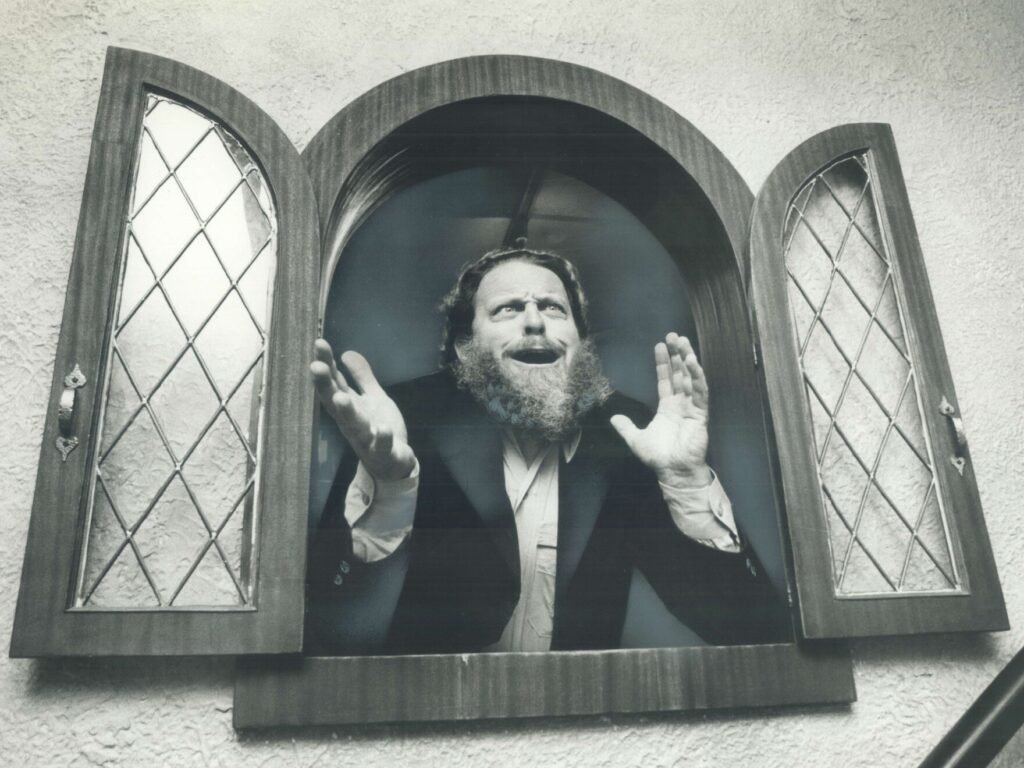Peter Schickele, the musical genius who brought humor to classical music, left a lasting impact on the world of entertainment. Best known for creating the fictional composer P.D.Q. Bach, Schickele blended comedy with music in a way that no one had ever done before. His performances, compositions, and recordings made classical music more accessible, even for those who thought it was too serious or boring. His work, filled with satire, musical puns, and unexpected twists, delighted audiences for decades.
The Birth of P.D.Q. Bach
One of Schickele’s most brilliant creations was P.D.Q. Bach, a completely fictional composer who was supposed to be the “forgotten” son of the great Johann Sebastian Bach. Schickele claimed that he had “discovered” P.D.Q. Bach’s lost compositions, and he would perform them live, often using unusual instruments, odd sounds, and comedic lyrics. His performances were filled with wit and humor, making them stand out in the classical music world.
P.D.Q. Bach’s compositions were a mix of real classical techniques and absurd, unexpected elements. Schickele would mix different musical styles, use instruments in unusual ways, and include hilarious stage antics. Some of the most famous P.D.Q. Bach pieces include Concerto for Horn and Hardart, Grand Serenade for an Awful Lot of Winds and Percussion, and Einstein on the Fritz. His albums, such as An Introduction to P.D.Q. Bach and 1712 Overture and Other Musical Assaults, became classics in their own right.
A Classical Music Rebel
Schickele was not just a comedian—he was also an extremely talented musician and composer. He studied at the Juilliard School, one of the world’s most prestigious music institutions, and had a deep understanding of music theory and composition. This expertise allowed him to create parodies that were both musically complex and genuinely funny. His performances were not just about comedy; they showcased his deep love and knowledge of classical music.
What made Schickele unique was his ability to take something as serious as classical music and turn it into something fun and entertaining. At a time when many people saw classical music as elite and difficult to understand, Schickele made it approachable. His concerts attracted people of all ages, from die-hard classical music lovers to those who simply wanted a good laugh.
A Legacy of Laughter and Music
Throughout his career, Schickele won multiple Grammy Awards for Best Comedy Album, proving that his humor was appreciated by a wide audience. His recordings and live performances introduced generations to the joys of classical music—without the intimidating seriousness often associated with the genre.
Apart from his work as P.D.Q. Bach, Schickele also composed serious music, wrote film scores, and worked on various musical projects. His compositions ranged from orchestral works to chamber music, and he even composed for children’s programs.
Schickele’s influence can be seen in many modern musical comedy acts, from classical musicians who add humor to their performances to YouTube creators who mix music with comedy. His ability to combine high-level musicianship with humor remains unmatched.

Remembering a Musical Comedic Genius
Peter Schickele’s work will continue to bring joy to music lovers for years to come. His unique blend of comedy and classical music set him apart as a true original. Whether through his hilarious P.D.Q. Bach performances, his Grammy-winning albums, or his serious compositions, Schickele’s legacy will always be one of creativity, humor, and a deep love for music.
For anyone who has never experienced Schickele’s work, listening to a P.D.Q. Bach recording or watching one of his performances is a must. His ability to make people laugh while appreciating music is a rare gift—one that continues to entertain and inspire even today.
Legendary Actor David Schramm’s Life, Career, and Untold Stories






